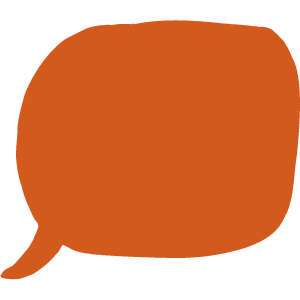
Represented by the symbol ∞, infinity is more like a list of numbers than a single number
Image: ©iStock.com/Xanya69
By Mike McRae
Double Helix magazine is looking for your questions! Our Microscope column answers the most intriguing science, tech, engineering and maths queries you can throw at us.
Comment down below with your question, or email us at Helix.Editor@csiro.au. The best questions will be published in our magazine! Here’s a sample question to get you thinking.
Isabella Romanes, age 9, asks
What is the number before infinity?
We often use the word ‘infinity’ to refer to an unimaginably huge quantity, which isn’t quite right. Rather than a single number in the distance, it’s easier to think of it as a description of a list of numbers.
Imagine a list of all the whole numbers: 1, 2, 3, and so on. This list goes on forever, because you can always add one to a number on the list. Infinity isn’t on the list, because it isn’t a whole number – but the number of entries on the list is infinity!
Consider the paradox of Hilbert’s Grand Hotel, named after German mathematician David Hilbert. This hotel has infinite rooms, each with a single guest. If infinity was just a big number, the hotel would be full. But a new guest could knock at the first door and ask that guest to move into the next room. If each guest moves along one room, the room swap can go on forever, squeezing in one more guest!
So that’s the answer to your question. If infinity plus one is infinity, the only number that could be just before infinity is also infinity!
If you’re after more science news for kids, subscribe to Double Helix magazine!








Leave a Reply